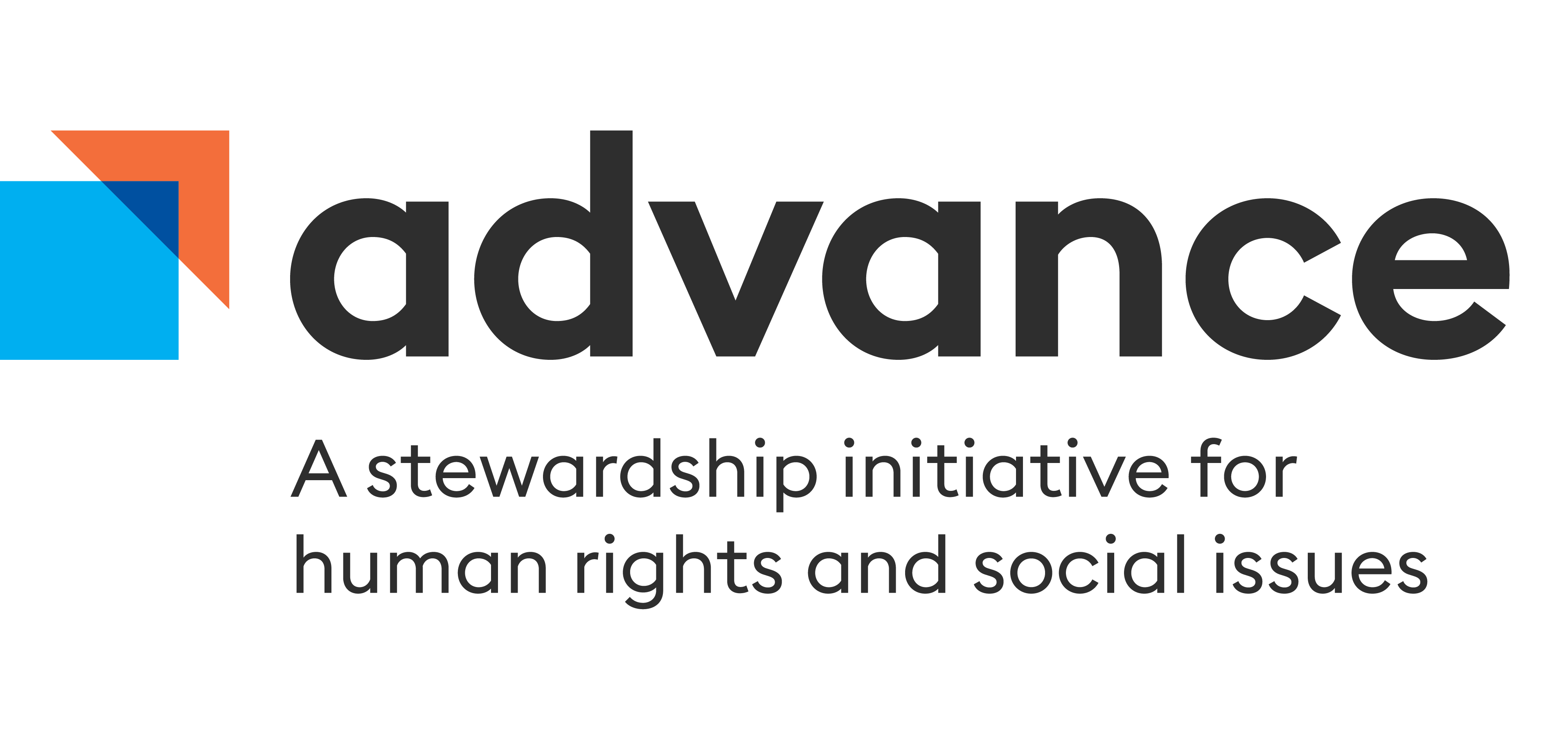Engagement Approach
Why this initiative was developed

Investors’ own responsibilities to respect human rights
As outlined in our recent paper, investors themselves have responsibilities under the UN Guiding Principles and under the OECD’s Guidelines for Multinational Enterprises. In 2013, the UN Office of the High Commissioner for Human Rights (OHCHR) specifically clarified that the UNGPs apply to institutional investors and in 2017, the OECD published technical guidance on how institutional investors should comply with the Guidelines for Multinational Enterprises.

Urgent and systemic
Human rights encompass a range of social issues which are both urgent and systemic in nature. These issues, from inequality and discrimination to inequitable access to healthcare, undermine not just individual rights but also the societal infrastructure which the global economy relies on for delivering long term growth and prosperity.
Looked at from a different angle, the widespread adoption of human rights has the potential to provide a significant opportunity for increased global prosperity. Such prosperity flows through to the portfolios of investors and their beneficiaries through overall market returns (‘beta’), and to beneficiaries directly through the improved standards of living achieved through improved respect for human rights.

Power of collaboration
Progress on human rights – like other goals investors may independently seek to make progress on through stewardship – suffers from a collective action problem in that everyone (including investors and companies) benefits from the efforts of those trying to address material risks and issues but may be unwilling to contribute to those efforts. In addition to tackling this “problem”, a collaborative stewardship initiative has the potential to, while keeping with all regulatory and legal requirements, raise awareness for good practices, enable greater efficiency and effectiveness in achieving progress and encourage the corporate community and other stakeholders to also make a positive impact.
The objective
The objective of the initiative is to support investors in protecting and enhancing risk-adjusted returns by advancing progress on human rights through investor stewardship.
The primary efforts of the initiative are delivered through engagement with companies in collaboration with other investors. However, recognising that addressing human rights will require a variety of stewardship tools and activities, the PRI will support a range of these activities, such as engagement at shareholder meetings and public policy engagement.
The three company expectations
It is widely recognised that striving for global respect for human rights is complex and will require varied approaches across different businesses, regions, and sectors. However, at a high-level, three key expectations have been set for the focus companies to protect and enhance risk-adjusted returns by advancing progress on human rights:
- Implement the United Nations Guiding Principles on Business and Human Rights (UNGPs) – the guardrail of corporate conduct on human rights
- Align their political engagement with their responsibility to respect human rights
- Deepen progress on the most severe human rights issues in their operations and across their value chains
Measuring progress
The PRI will publish annual progress reports to provide investors and other stakeholders with a regular update on the progress of the initiative against its stated objective.
The progress report will be based on the initiative’s assessment framework that will be used to track progress of the initiative against its objectives.





